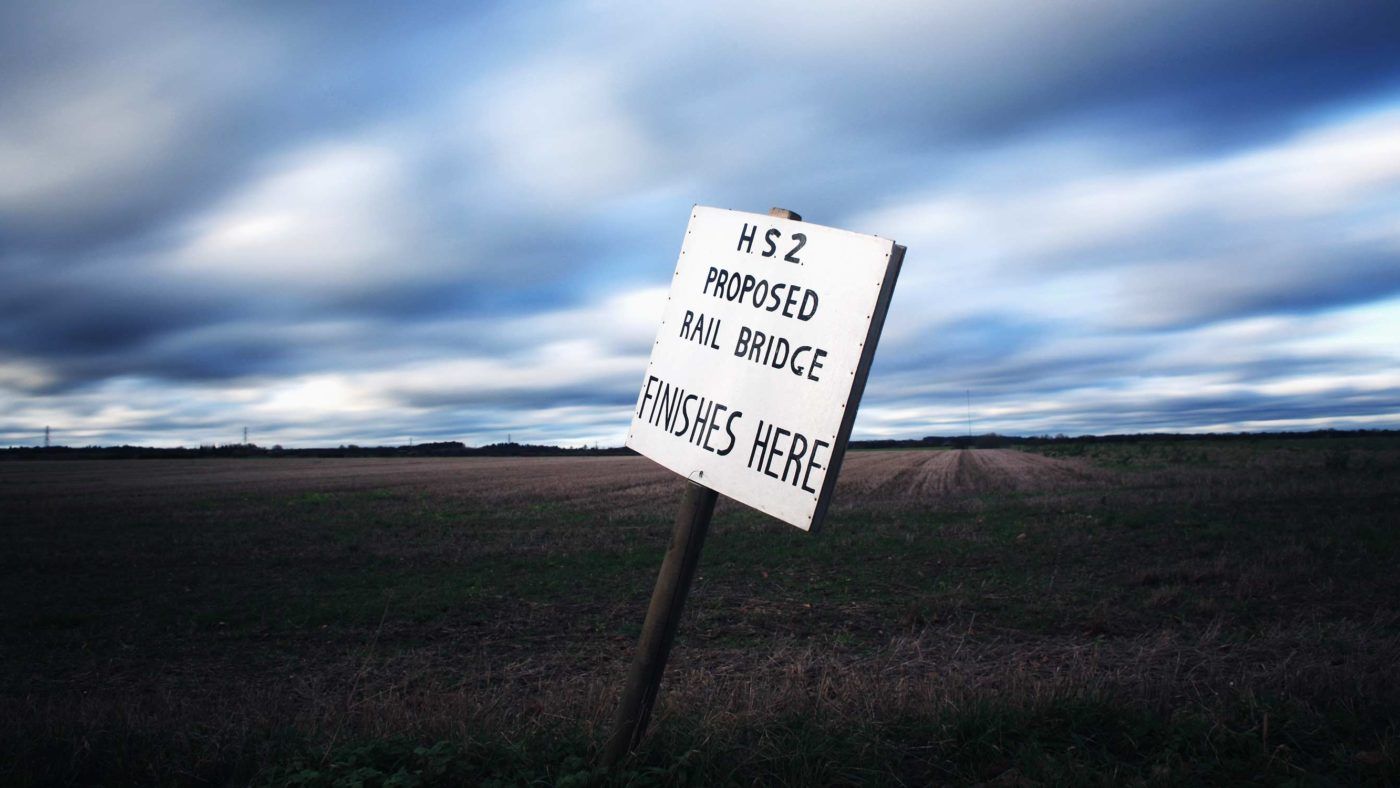Despite receiving Royal Assent at the end of February, the HS2 project has continued to be riddled with delays, problems and controversy.
The latest row is over the revolving door that appears to exist between High Speed 2 Ltd – the government-owned company managing the project – and the engineering consultancy CH2M Hill. In January, CH2M’s managing director Mark Thurston was appointed chief executive of HS2, taking over from interim chief executive Roy Hill, who was himself on secondment from CH2M. It soon emerged that more than 200 CH2M staff had worked on the HS2 project.
After a rival bidder threatened legal action, CH2M have now dropped out of their £170 million contract. But the cronyism allegations are not HS2’s only concern.
With a spiraling price tag (which at last estimate was likely to reach £90bn), a business case that the Public Accounts Committee claims is “based on fragile numbers, out-of-date data and assumptions that do not reflect real life”, and continuing mismanagement and wasteful spending, the project has never looked fit for purpose. It has also recently lost its director-general – the latest among several senior members of staff to depart.
The insistence on sticking with HS2 would be almost understandable if it was a project that people were crying out for. But recent ComRes polling shows this is far from the case. When asked what the government’s infrastructure priorities should be, 49 per cent wanted improvements to the roads priorities, with 34 per cent wanting investment in high speed broadband. Just 6 per cent said HS2 should be the priority.
The problem with HS2 is not just that it is expensive technology, but old technology. If we want to move people around, projects such as DCN300 – delivering 300mph travel using Maglev technology – would provide greater benefits to the Northern economy in particular.
The ability for someone in Liverpool to be able to arrive in Hull in around 30 minutes would completely transform business behavior there – to a much greater effect than shaving a few minutes off the trip to London via HS2.
It is not just about trains. We are also in the midst of an autonomous vehicle revolution – with Tesla and Google aiming to have driverless vehicles on the road by 2020. With these delivering increased capacity long before the completion of HS2, the project’s business case will suffer as ticket receipts fall.
And as the ComRes survey suggests, many people have other infrastructure priorities. Many areas of the country have no access to good quality high-speed broadband. Given that people are already able to hold board meetings over video, complete multi-million-pound deals over email and work remotely via work-sharing apps, the need for face-to-face business meetings, and hence the need for superfast trains, is becoming less important.
HS2, indeed, is in danger of looking hugely out of date by the time it finally opens in 2026 – if indeed it actually manages to stay on schedule.
All this is important not just because of HS2 itself – though tens of billions of pounds in public money are obviously at risk. It is because of what it says about the British state’s ability to make the right decisions, and back the right projects.
All too often, something drawn up at a Civil Service planning meeting ends up becoming a reality decades later, in a very different world, simply because of institutional inertia – while other, more beneficial projects languish by the wayside.
With Brexit on the horizon, the Government is keen for our future to be daring and innovative. But this discredited, wildly expensive project will simply not help us achieve that. It might not be easy to change track, but the government should be bold and back alternative projects that would deliver infinitely higher benefits to the economy.


